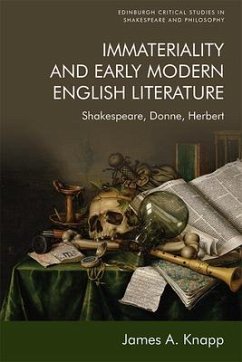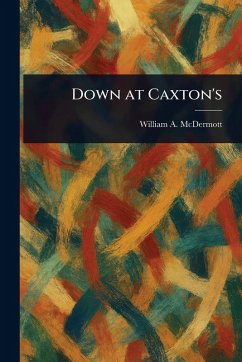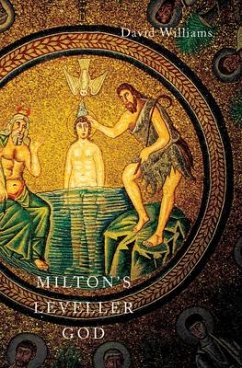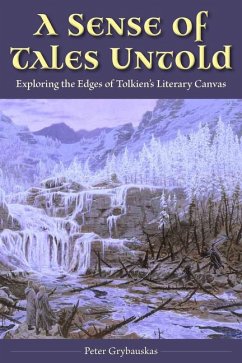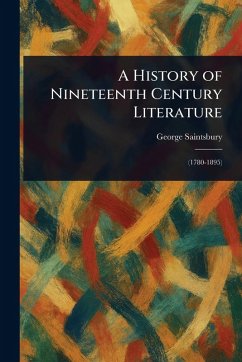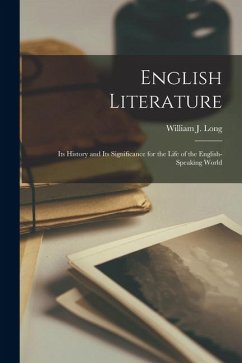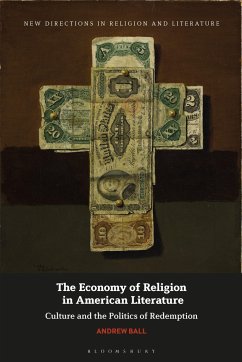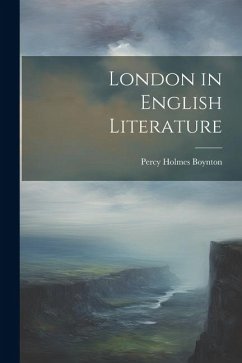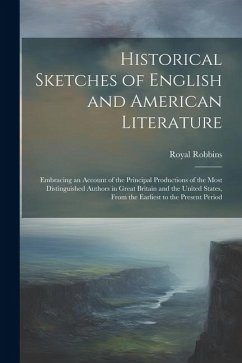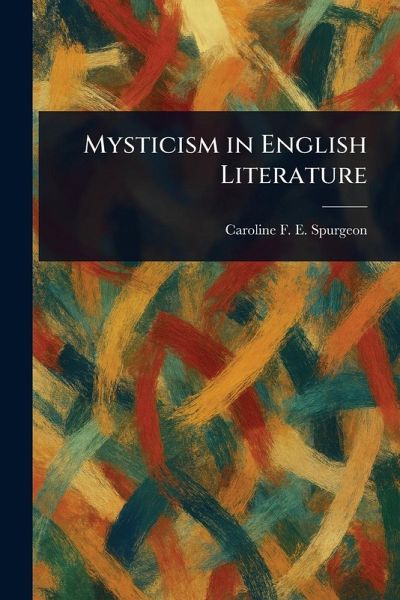
Mysticism in English Literature

PAYBACK Punkte
9 °P sammeln!
Caroline F. E. Spurgeon's "Mysticism in English Literature" explores the profound influence of mysticism on English literary tradition. This collection of essays delves into the presence and impact of mystical thought and religious themes within various works of English literature. Spurgeon's insightful analysis examines how spirituality and the pursuit of transcendent experience are interwoven into the fabric of English writing. The book provides a critical lens through which to view classic works, illuminating the ways in which authors have grappled with the ineffable and explored the depths...
Caroline F. E. Spurgeon's "Mysticism in English Literature" explores the profound influence of mysticism on English literary tradition. This collection of essays delves into the presence and impact of mystical thought and religious themes within various works of English literature. Spurgeon's insightful analysis examines how spirituality and the pursuit of transcendent experience are interwoven into the fabric of English writing. The book provides a critical lens through which to view classic works, illuminating the ways in which authors have grappled with the ineffable and explored the depths of human consciousness. A valuable resource for students and enthusiasts of English literature, religious studies, and mystical traditions, "Mysticism in English Literature" remains a significant contribution to literary criticism. This meticulously prepared print edition ensures the continued accessibility of Spurgeon's important work for those seeking a deeper understanding of the mystical undercurrents that flow through English literary history. This work has been selected by scholars as being culturally important, and is part of the knowledge base of civilization as we know it. This work is in the public domain in the United States of America, and possibly other nations. Within the United States, you may freely copy and distribute this work, as no entity (individual or corporate) has a copyright on the body of the work. Scholars believe, and we concur, that this work is important enough to be preserved, reproduced, and made generally available to the public. We appreciate your support of the preservation process, and thank you for being an important part of keeping this knowledge alive and relevant.





